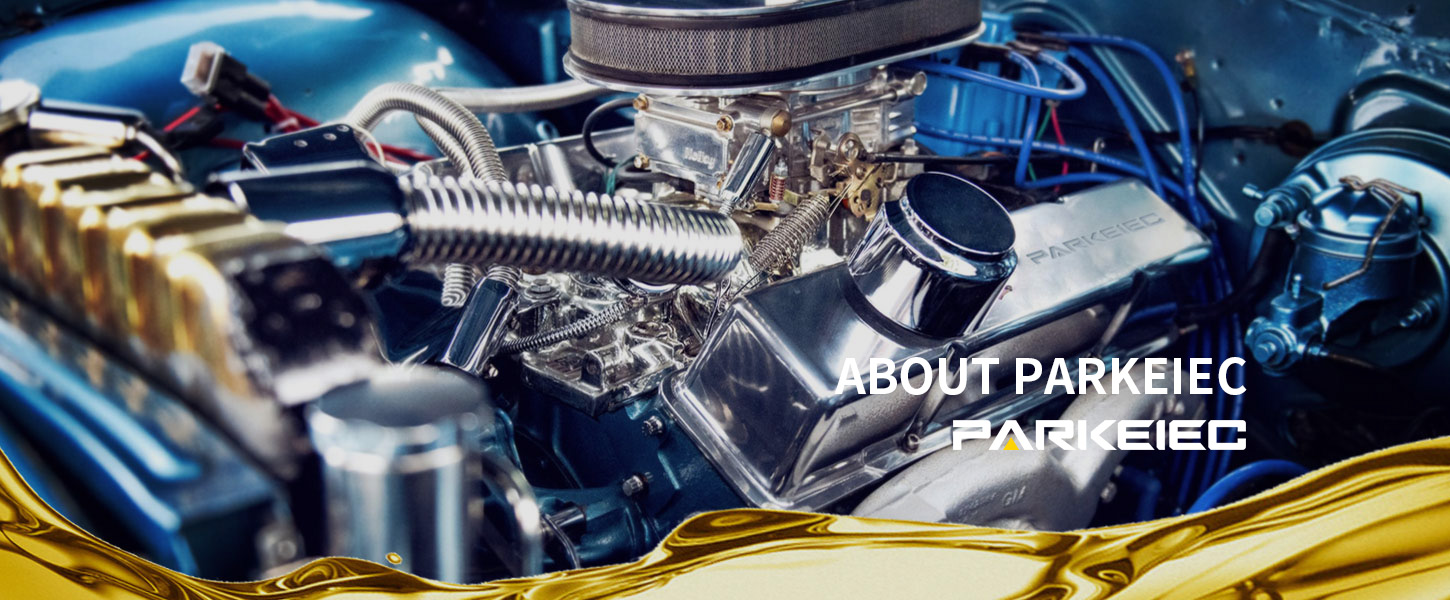
What is the reason why the antifreeze turns water or blisters
1. Overheating
Overheating and turning over water is a common phenomenon. The overheating of the engine causes the water in the radiator to boil. Turning out a lot of water, spraying a little care will scald people. The causes of overheating are: lack of water in the radiator, poor heat dissipation, Blinds fail, the pump is damaged, the fan belt is too loose, the thermostat malfunctions, I want to make the following explanation for the thermostat failure: many drivers add antifreeze in winter, and when the weather is warm in spring, the antifreeze is released and added Water, the thermostat in the long-term immersion of water, because the water contains iron, calcium, sulfide, etc., a layer of corrosive scale is formed between the telescopic tube of the thermostat and the temperature-sensing body of the thermostat. Let go, add the antifreeze, because the antifreeze has a good cleaning effect, the scale around the thermostat is cleaned away, resulting in a gap between the thermostat telescopic cylinder and the temperature sensing body, the thermostat fails to open, and the bypass valve When it is opened and closed, the cooling system can not be cycled. If the water temperature is too high, the alarm light flashes. In severe cases, the antifreeze overflows from the water tank. Replace the thermostat and eliminate it.
2. Clog up water
Blockage of the cooling system is one of the common faults of the engine. Due to the blockage, the cooling water circulation is poor, causing the radiator to turn over. The cause of this failure is the blockage of the radiator or the collapse of the outlet pipe. This kind of fault has nothing to do with the temperature. When the blockage is not too serious, the water will not turn when the throttle is turned on, and it will turn when the throttle is loosened. It is easy to find when the radiator is completely blocked, but it is not easy to find when the block is slight. The car engine should be added with antifreeze in winter, not changed for a long time, the antifreeze is not clean, there is dirt, etc., it is easy to block the radiator core tube. There is more antifreeze than the outflowing antifreeze. The antifreeze accumulates in the upper water chamber. Due to the high pump pressure when the fuel gate is on, water can only pass a small amount from the core tube of the radiator that is not completely blocked. The antifreeze accumulated in the water supply room is turned out from the water supply port.
3. Gas and water channeling
This kind of phenomenon mostly occurs in cars that exceed the period of overhaul. This kind of trouble is more difficult to judge and eliminate. Gas-water channeling means that the high-pressure gas in the engine cylinder enters the water channel. Under the action of an external high-pressure gas, the antifreeze in the engine water channel will suddenly increase the amount of water flowing into the upper water chamber of the radiator through the water inlet pipe, causing the radiator to turn over. water.
4. The antifreeze mixed with petroleum products causes water turning
When adding antifreeze, the container should be clean, and the water tank should be free of dirt. It must be cleaned and added. If the petroleum product is mixed into the antifreeze by mistake, the additives in the antifreeze will fail, and a lot of bubbles will be generated, which will affect the heat dissipation. Effectiveness, serious will overflow from the water tank cover.
5. The antifreeze solution is overfilled and swelling
When the antifreeze is in use, due to the large thermal expansion of the antifreeze, only 90% of the volume of the water tank can be filled during filling, leaving an expansion space at the upper end of the radiator, otherwise it will be overfilled and easy to overflow when the temperature is too high .
Previous:
Next:
- Website Information
- Legal Notices
- Sitemap
- About Parker
- Brand Culture
- Brand Concept
- Honor
- R & D
- Quality standard
- Hot info
- Agent to join
- Agents join
- Investment policy
- Contact information
- Links


